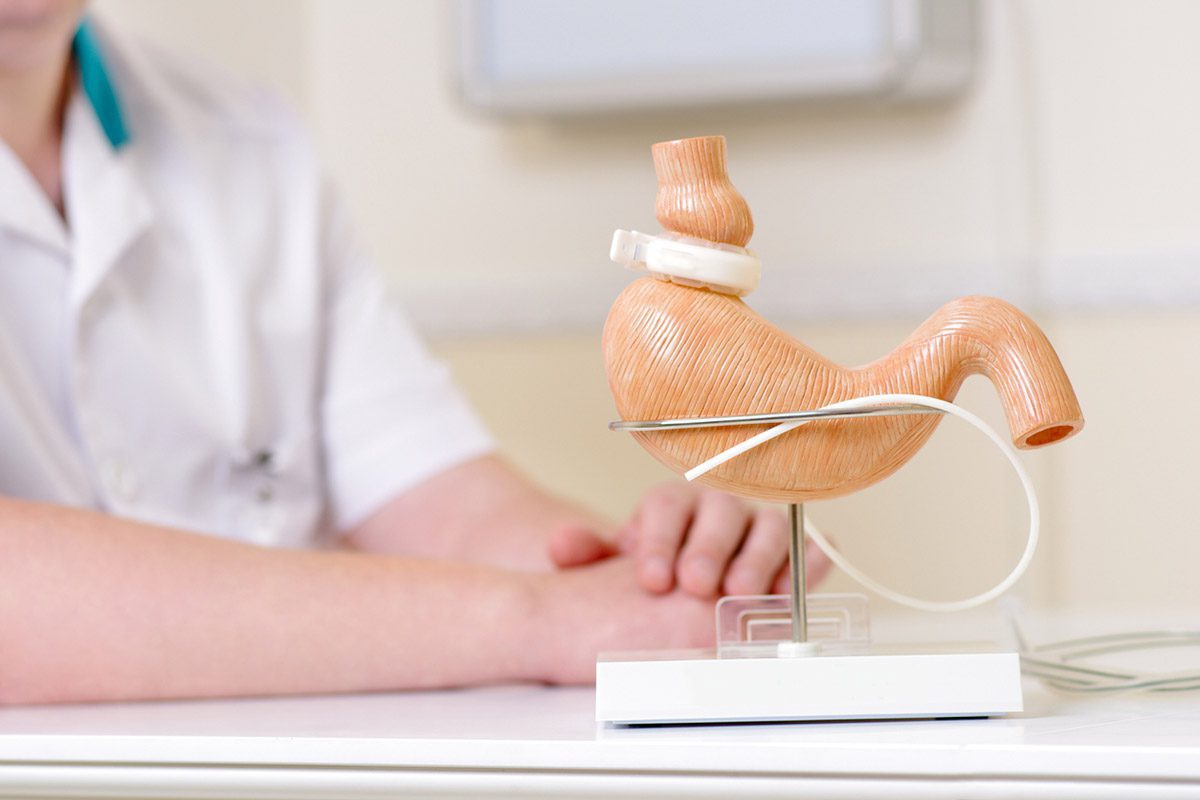A Case of Major Depressive Disorder and Symptoms of Polycystic Ovary Syndrome Responding to Escitalopram
To the Editor: Despite wide-ranging clinical use of antidepressants to treat depression alone as well as depression associated with polycystic ovary syndrome (PCOS), there have been no reports to date on the use of serotonin reuptake inhibition with a successful outcome of both major depressive disorder (MDD) and PCOS symptomatology, such as oligomenorrhea/amenorrhea and hirsutism.
Case report. Ms A, a 40-year-old married woman, had a 20-year history of recurrent MDD (DSM-IV). Her first episode began when she was 20 years old. Seven years ago, her depressive symptoms began to appear slowly, characterized by depressed mood, irritability, diminished interest in her usual activities, loss of appetite, weight loss, lack of energy, poor concentration, insomnia, and recurrent thoughts of death, such as “It would be nice not being alive.” These symptoms led to impaired work and social functioning. Her mother had a history of chronic depressive mood disorder.
Ms A also had a 26-year history of PCOS, characterized by oligomenorrhea or amenorrhea, hirsutism, hyperandrogenism, and polycystic ovaries, confirmed by several laboratory tests and ultrasound, meeting the 2003 Rotterdam, or European Society for Human Reproduction/American Society for Reproductive Medicine (ESHRE/ASRM), criteria.1 Twenty years ago, her gynecologist suggested lifestyle changes such as exercises, nutritional guidance, low doses of oral contraceptive pills, cosmetic therapy, and laser therapy for hirsutism. With the use of oral contraceptive pills, Ms A experienced an improvement in her menstrual cycles, although she continued to have mood swings, irritability, and severe headaches, which were extremely distressing. She was switched to several oral contraceptive pills, but all showed severe side effects. She discontinued all oral contraceptive pills after a few months of use.
In 2003, Ms A presented for treatment of MDD. Escitalopram—a selective serotonin reuptake inhibitor, not an oral contraceptive pill—was administered at 5 mg/d, with the dosage reaching 20 mg/d in 3 weeks. After 4 weeks of treatment, Ms A experienced clinically significant depressive symptomatic relief. Remission was achieved in 8 weeks. Over the next 18 months, she continued to receive escitalopram and experienced a return of regular menstrual cycles and improvement in hirsutism. She reported transient mild nausea at the beginning of treatment; no other side effects were reported.
Remarkably, 2 months after antidepressant discontinuation, she started experiencing menstrual irregularity and hair growth. Ten months later, MDD recurred. During the next 4 years, she was on treatment with escitalopram at 20 mg/d and remained symptom-free. Meanwhile, she achieved notable menstrual cycle improvement and reduction in hirsutism. As Ms A was feeling well, she stopped taking the medication on her own and her menstrual complaints immediately recurred. She restarted escitalopram in 4 months, and her PCOS symptoms remitted again. This was the longest regular menstrual cycle period she had ever had with no use of oral contraceptive pills. Last year, her ultrasounds continued to show polycystic ovaries.
Reports have revealed that hyperandrogenism, hormonal disturbances, obesity, ovarian dysfunction, hypothalamic pituitary abnormalities, and insulin resistance are implicated in the etiology of PCOS.2,3 Hormonal dysregulation is involved with both MDD and PCOS. As mood disorders and PCOS share some level of genetic and pathophysiologic mechanisms,4,5 the intervention on common metabolic changes can treat both conditions.
References
1. Rotterdam ESHRE/ASRM-Sponsored PCOS Consensus Workshop Group. Revised 2003 consensus on diagnostic criteria and long-term health risks related to polycystic ovary syndrome. Fertil Steril. 2004;81:19-25.
2. Legro RS, Strauss JF. Molecular progress in infertility: polycystic ovary syndrome. Fertil Steril. 2002;78(3):569-576. PubMed doi:10.1016/S0015-0282(02)03275-2
3. Doi SA, Al-Zaid M, Towers PA, et al. Ovarian steroids modulate neuroendocrine dysfunction in polycystic ovary syndrome. J Endocrinol Invest. 2005;28(10):882-892. PubMed
4. Jiang B, Kenna HA, Rasgon NL. Genetic overlap between polycystic ovary syndrome and bipolar disorder: the endophenotype hypothesis. Med Hypotheses. 2009;73(6):996-1004. PubMed doi:10.1016/j.mehy.2008.12.056
5. Rasgon NL, Carter MS, Elman S, et al. Common treatment of polycystic ovarian syndrome and major depressive disorder: case report and review. Curr Drug Targets Immune Endocr Metabol Disord. 2002;2(1):97-102. PubMed doi:10.2174/1568008024606329
Author affiliation: Department of Psychiatry, Escola Paulista de Medicina-UNIFESP, São Paulo, São Paulo, Brazil.
Conflicts of interest: None reported.
Funding/support: None reported.
Published online:November 3, 2011.
Prim Care Companion CNS Disord 2011;13(6):doi:10.4088/PCC.11l01183.
© Copyright 2011 Physicians Postgraduate Press, Inc.





